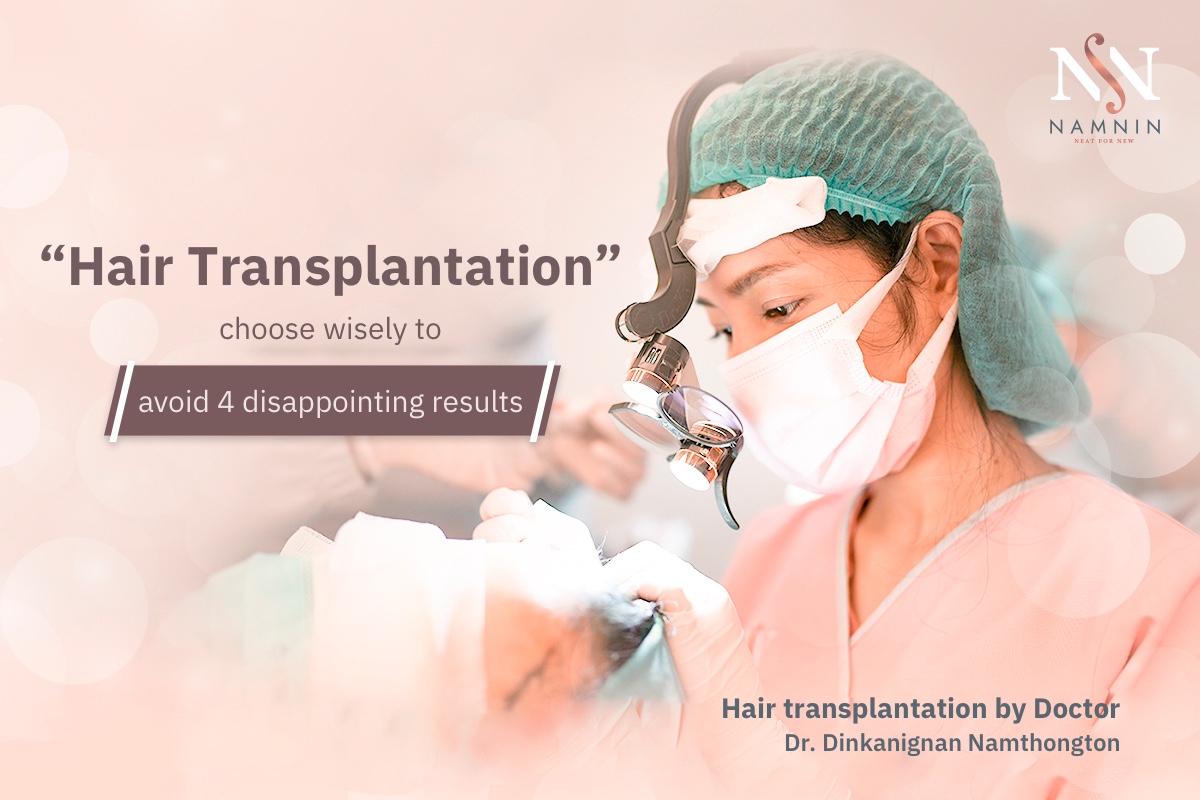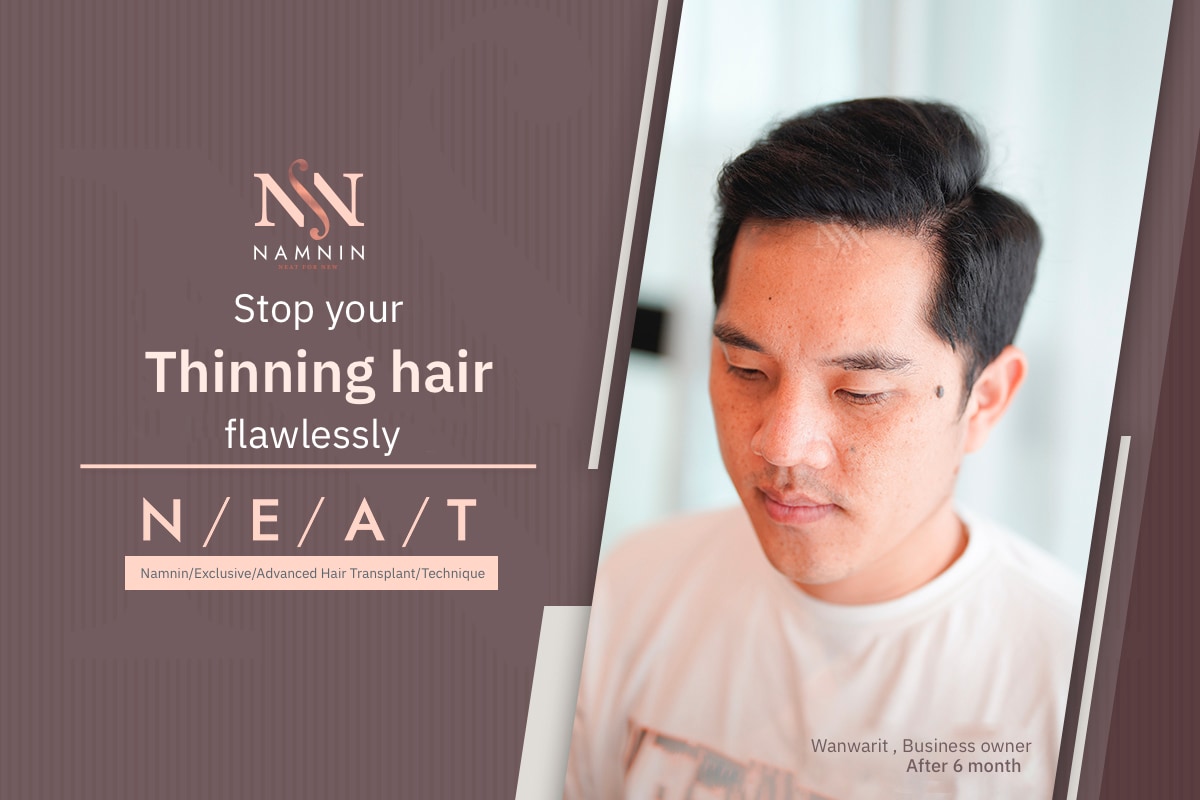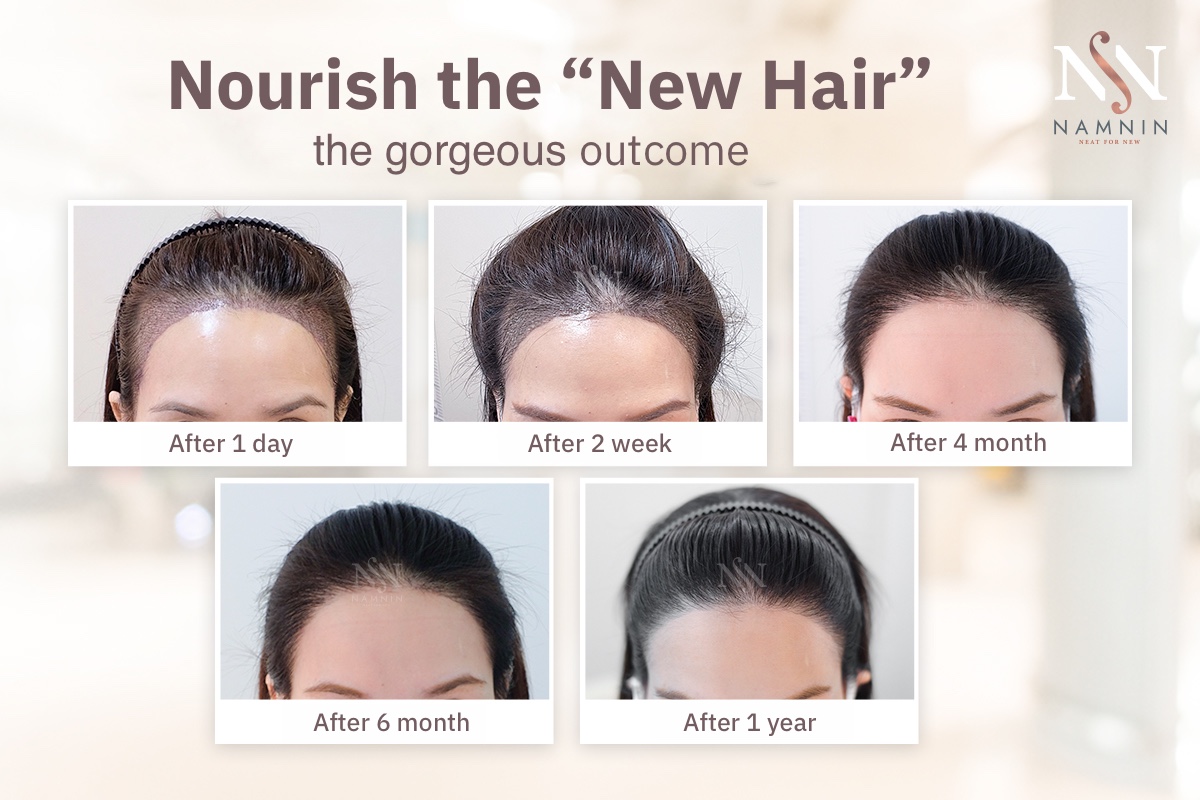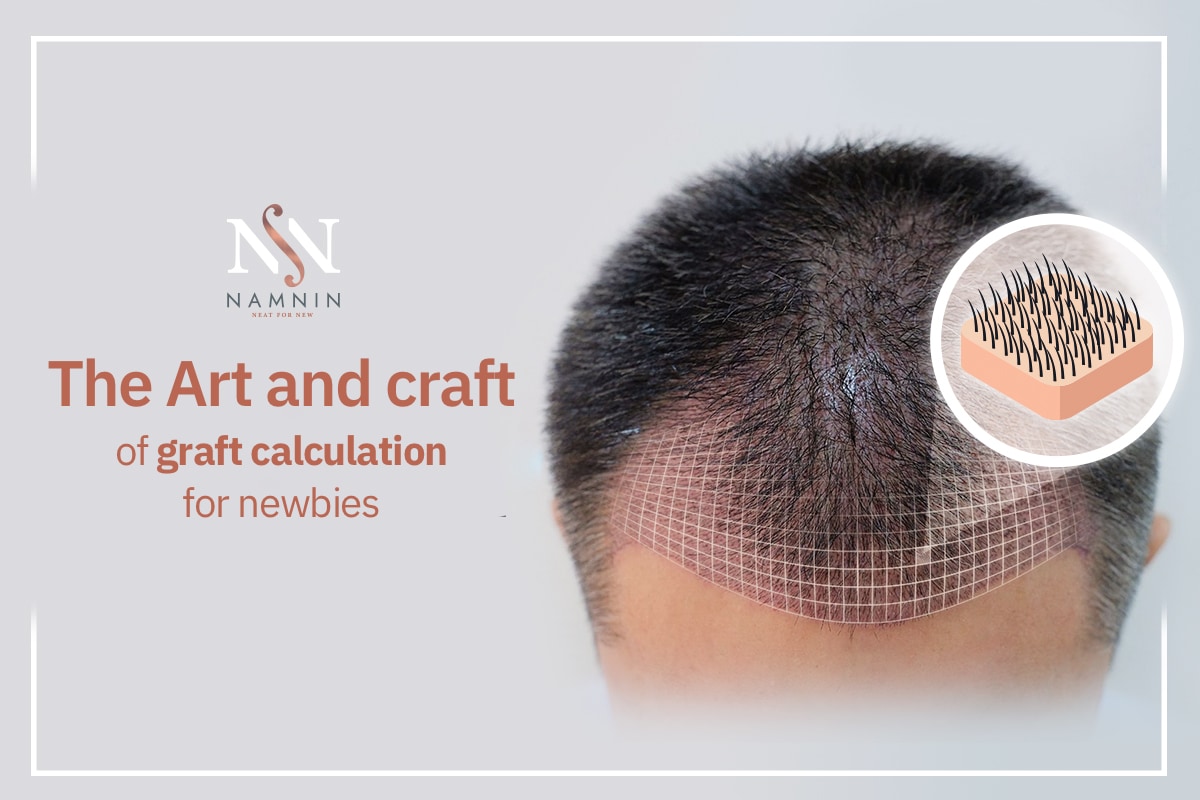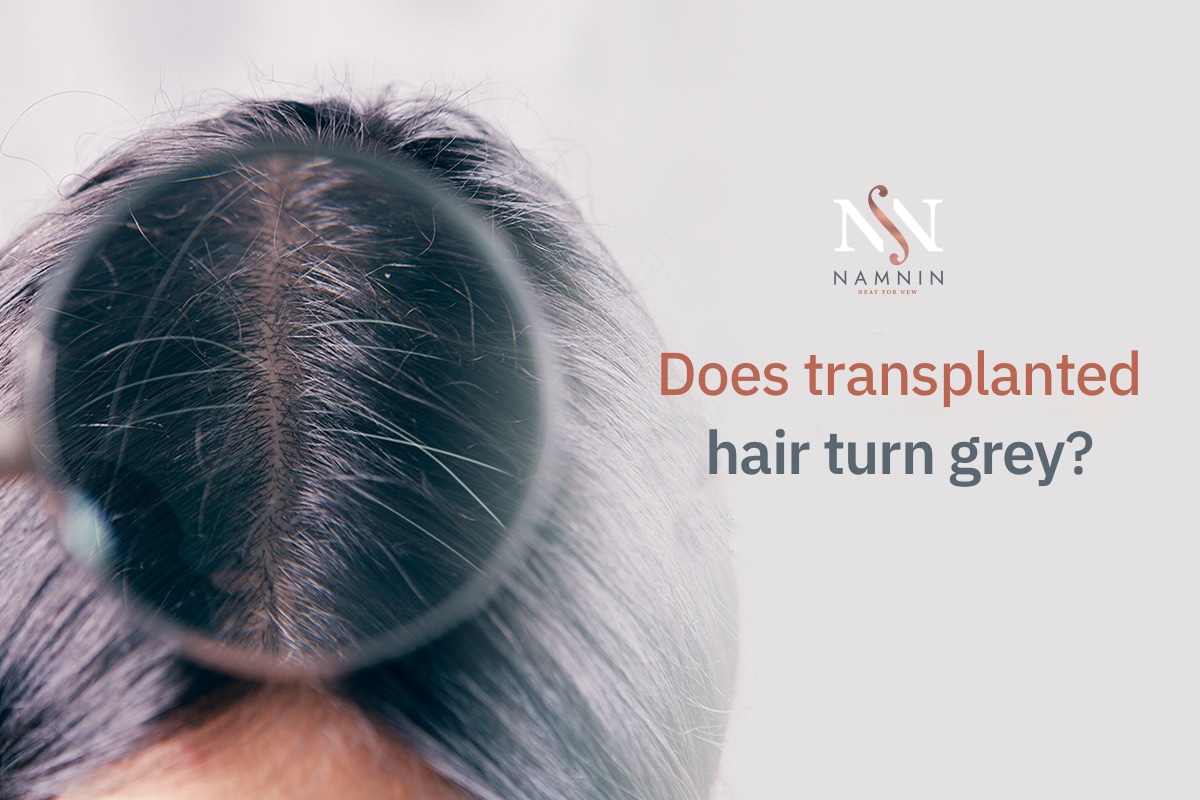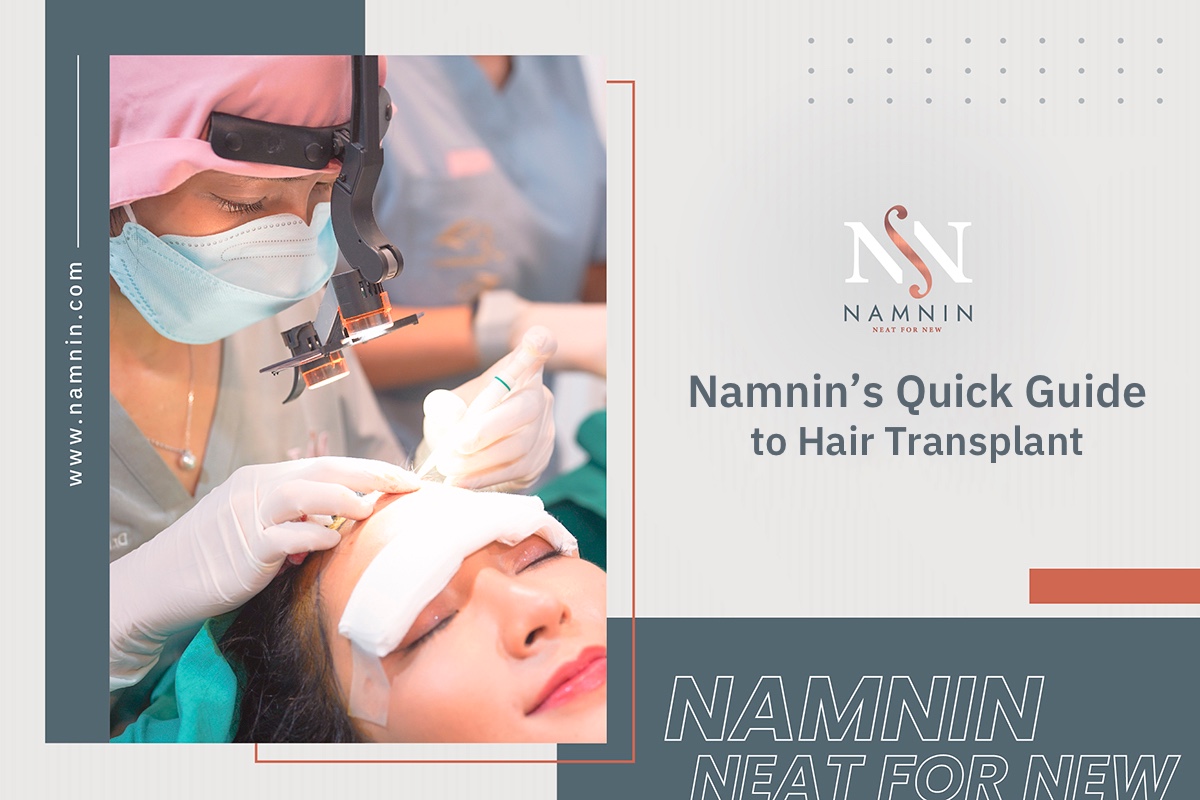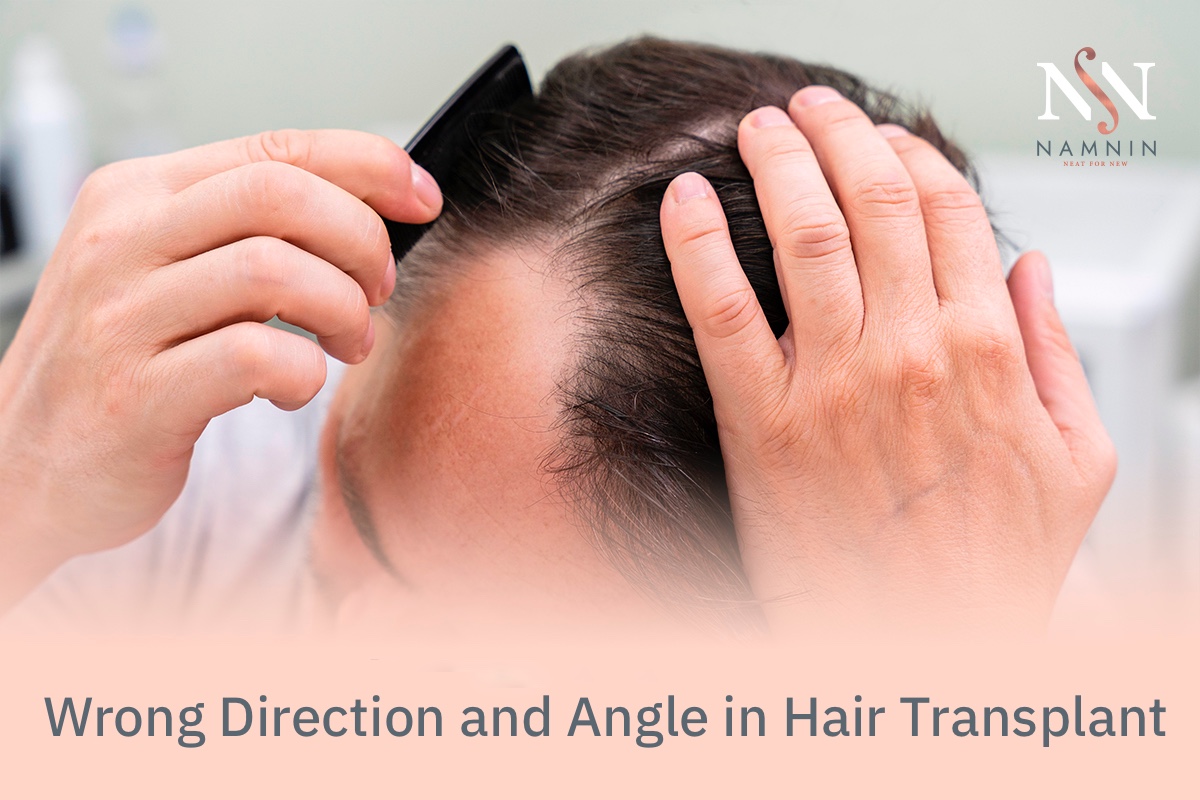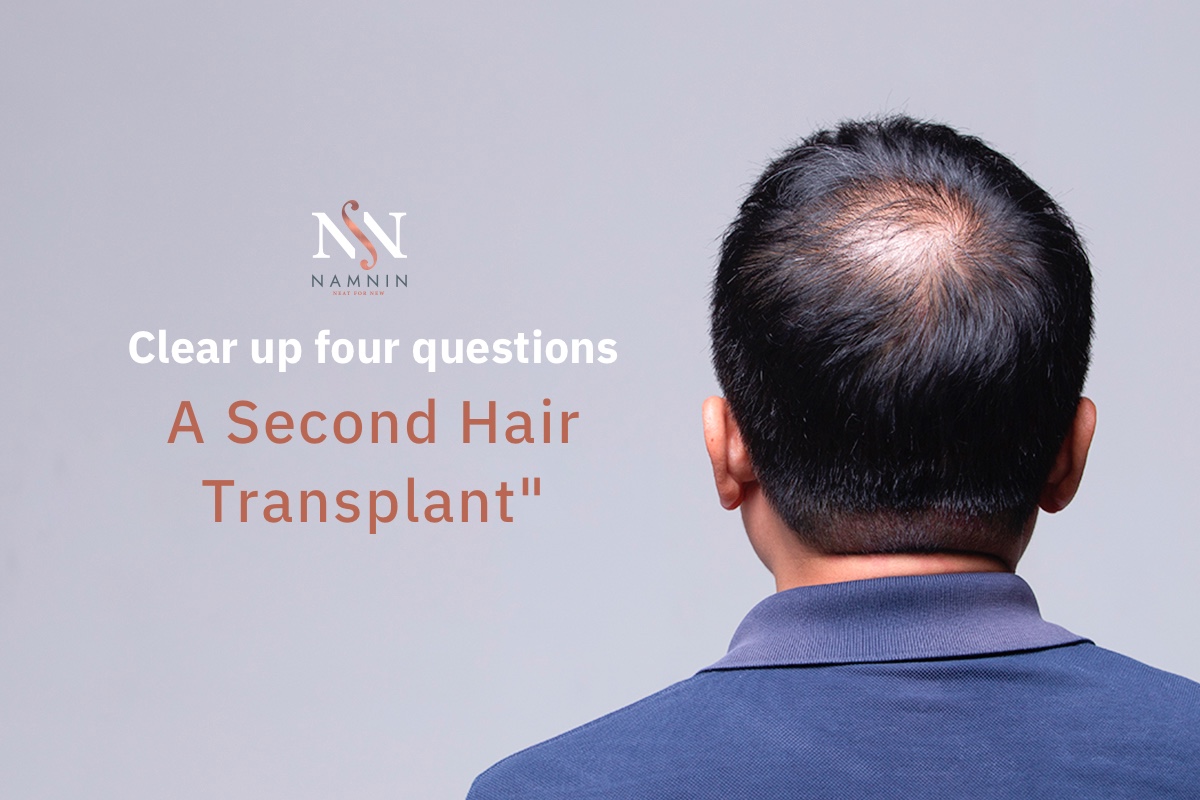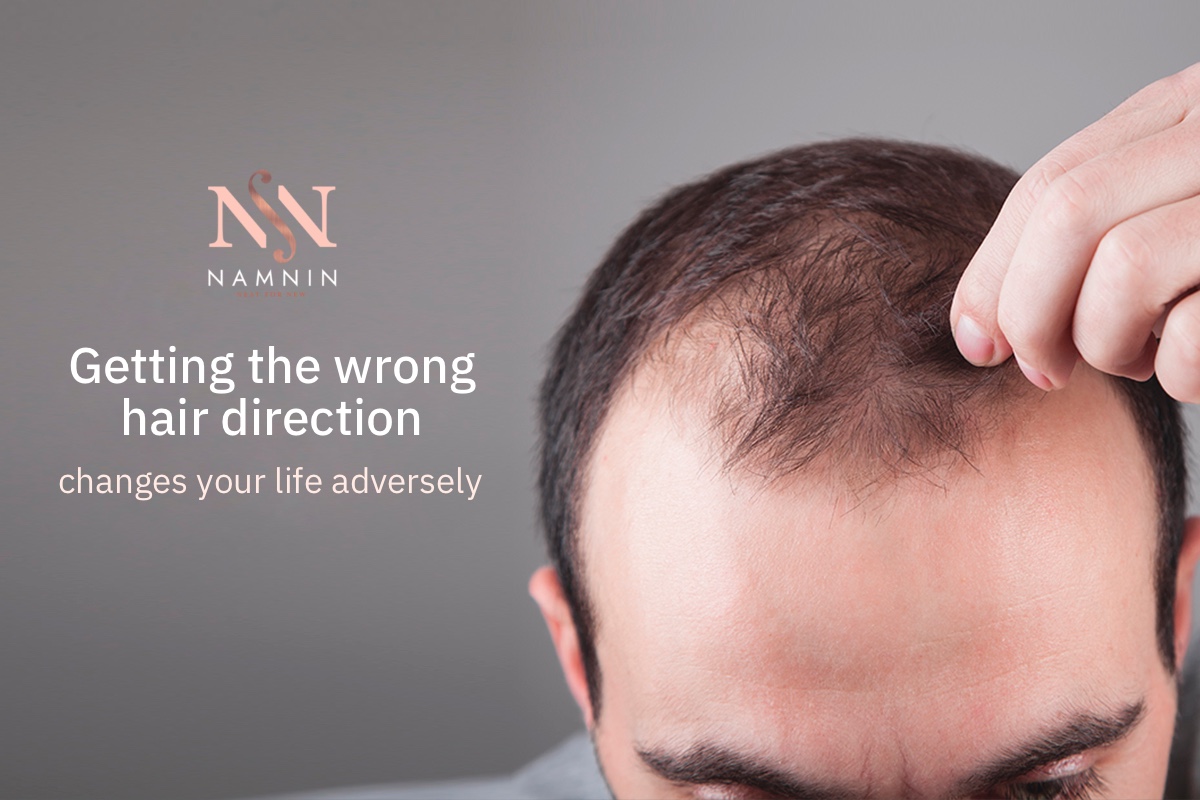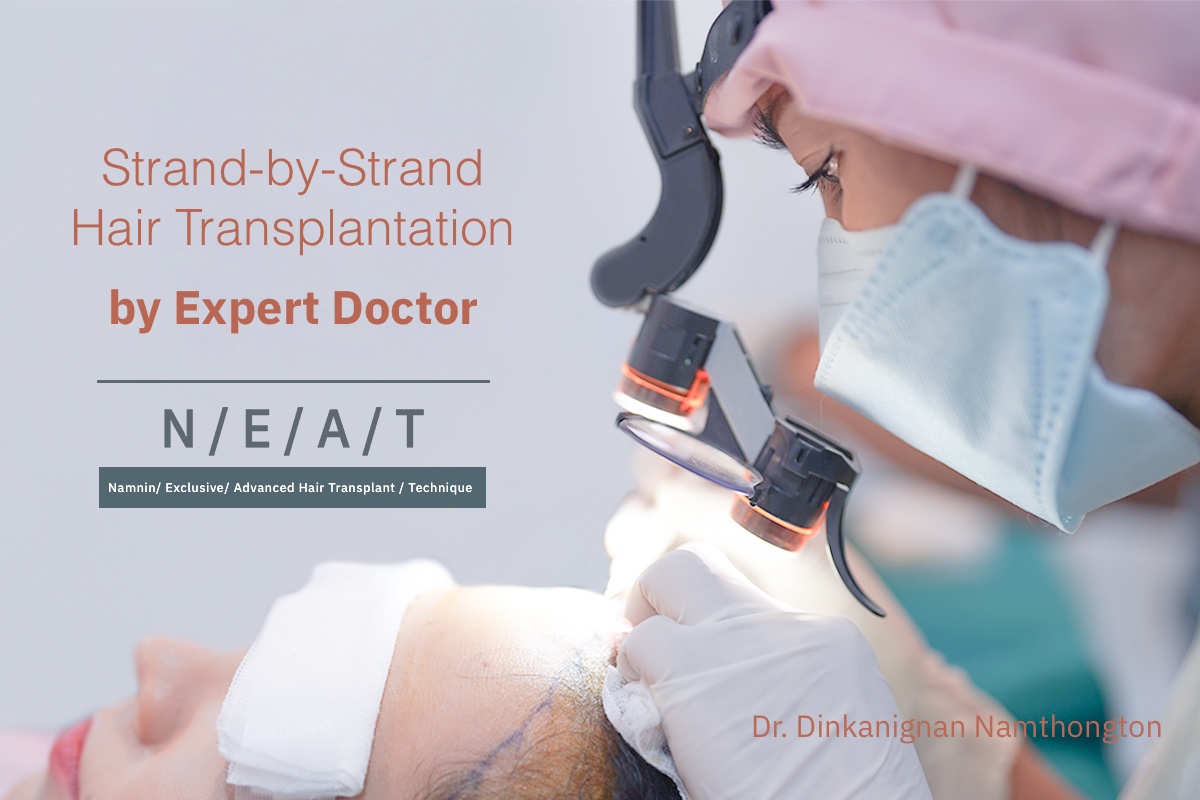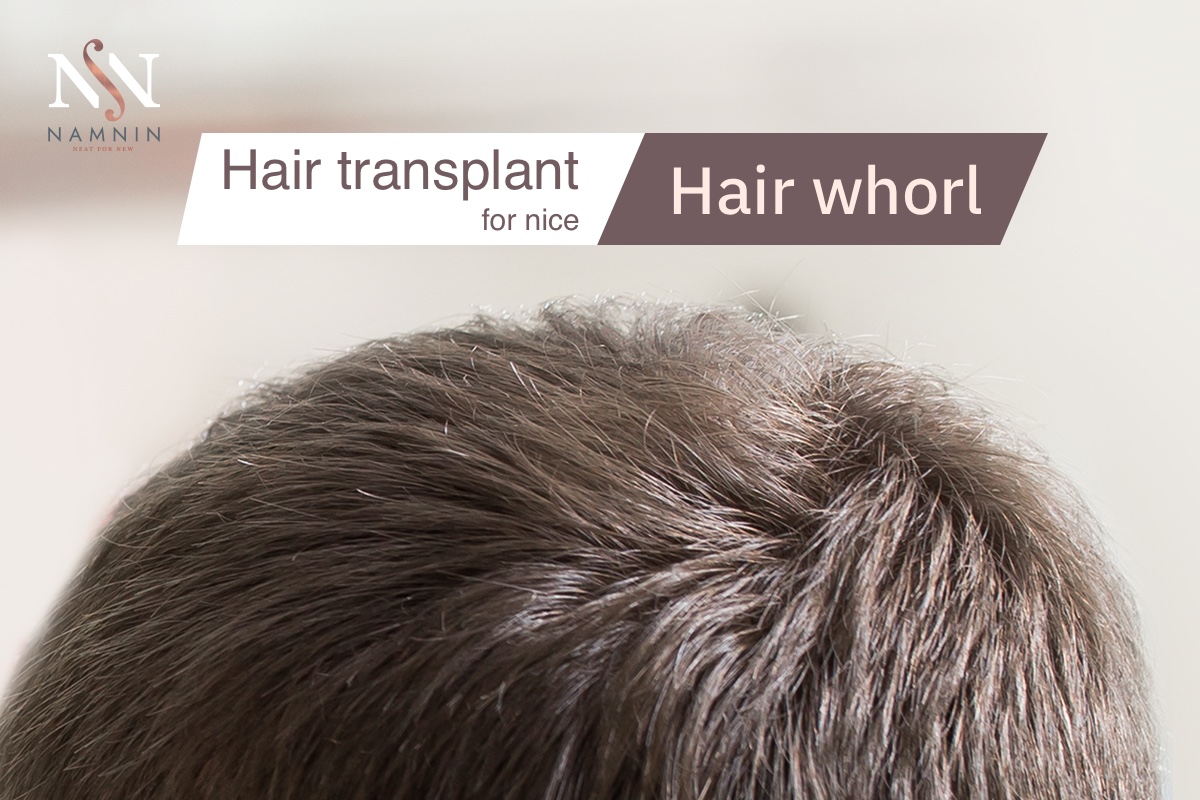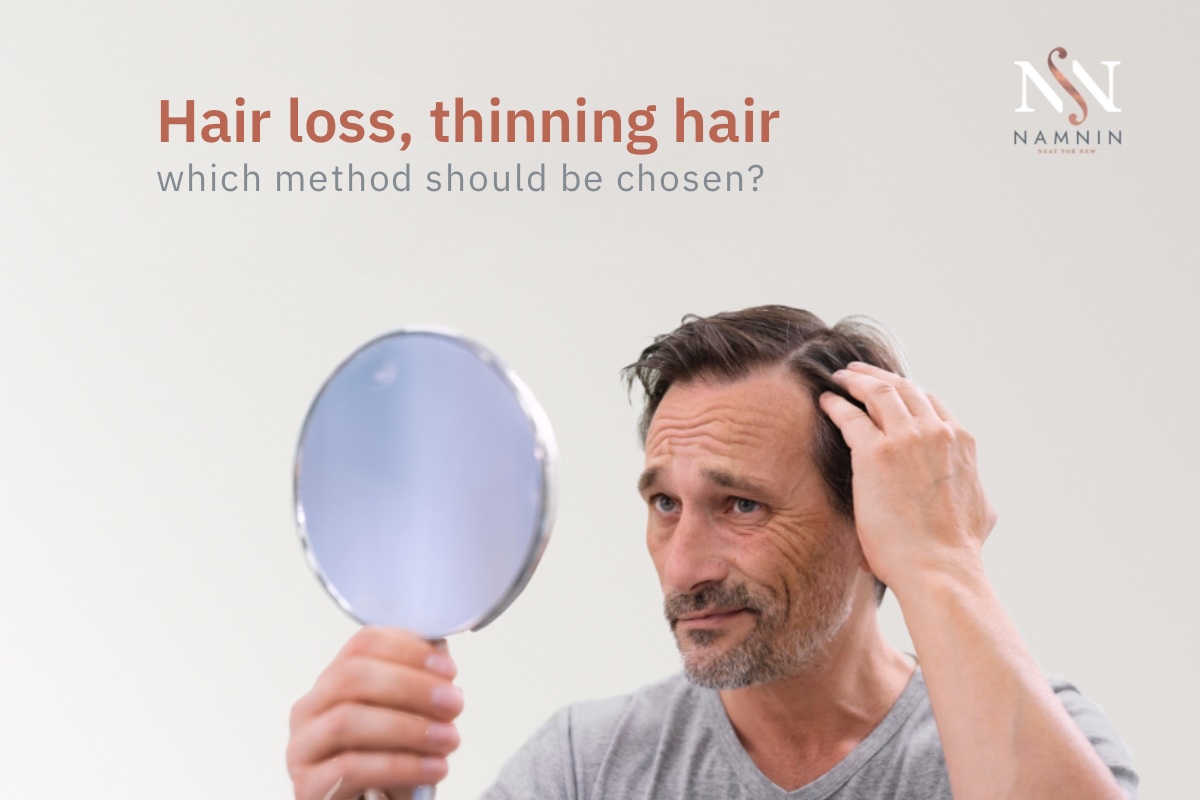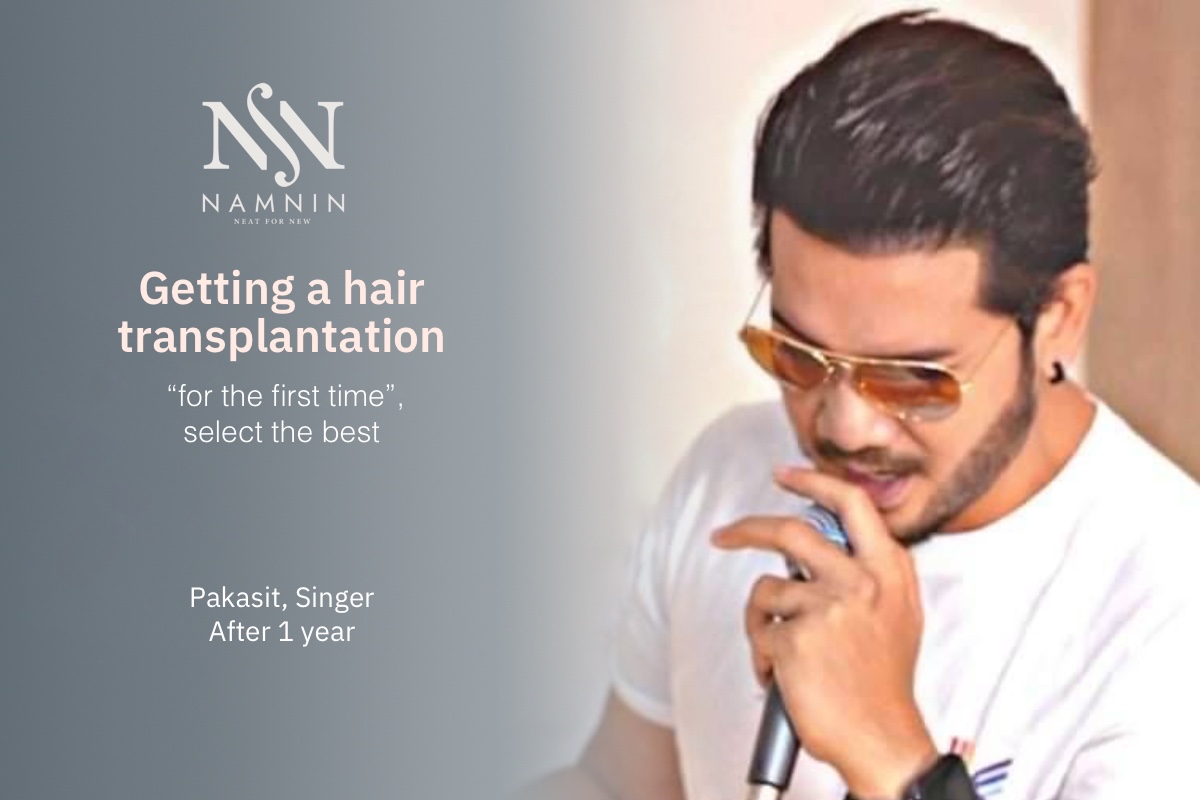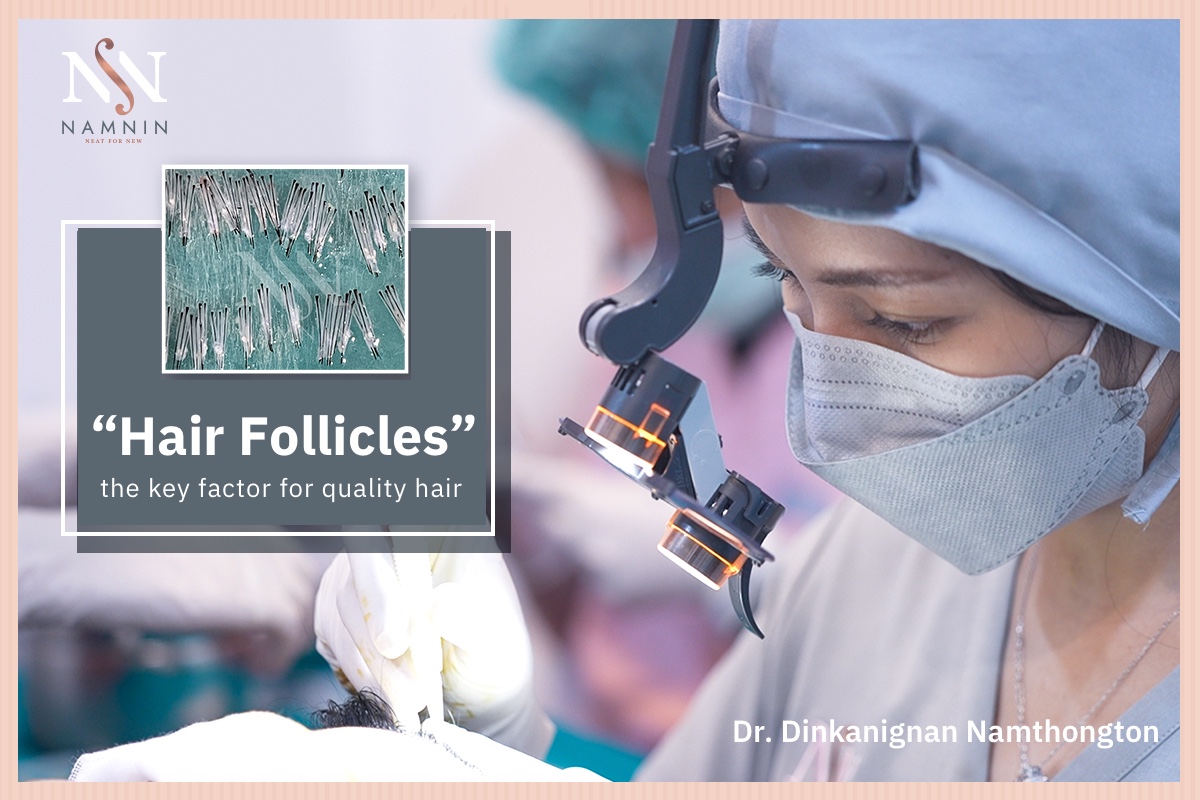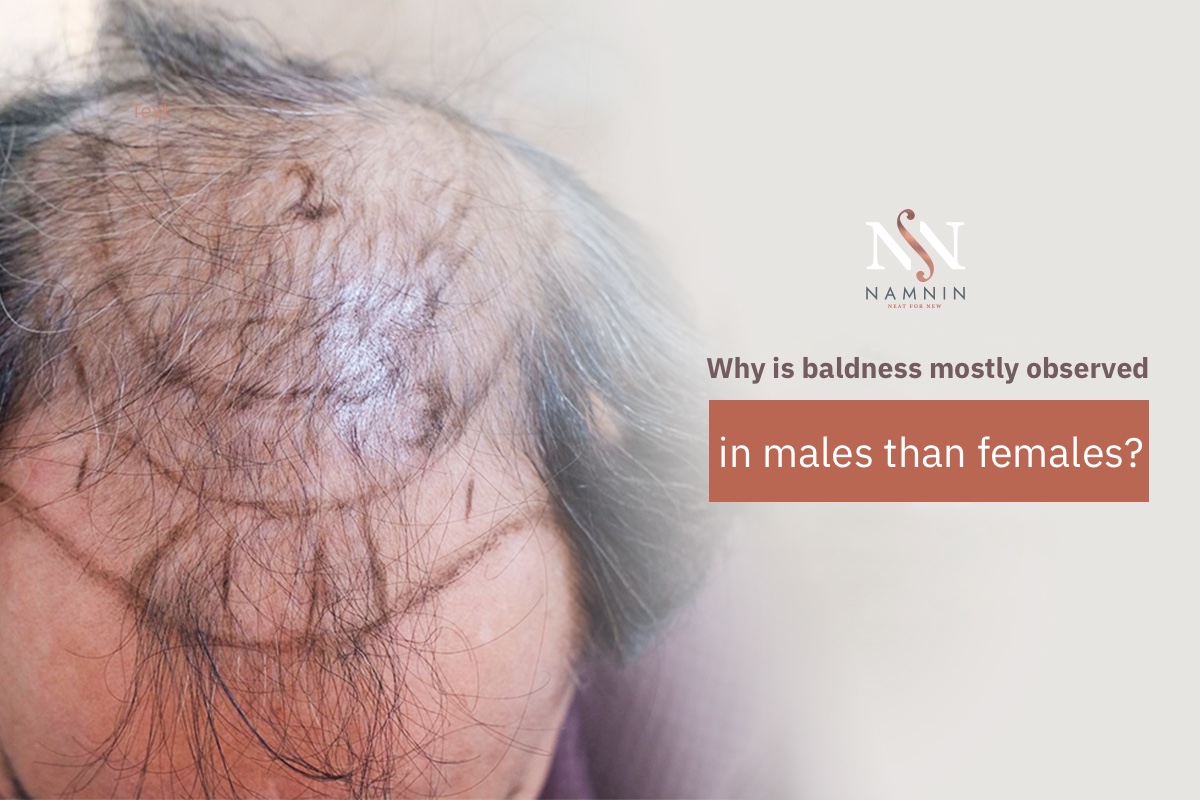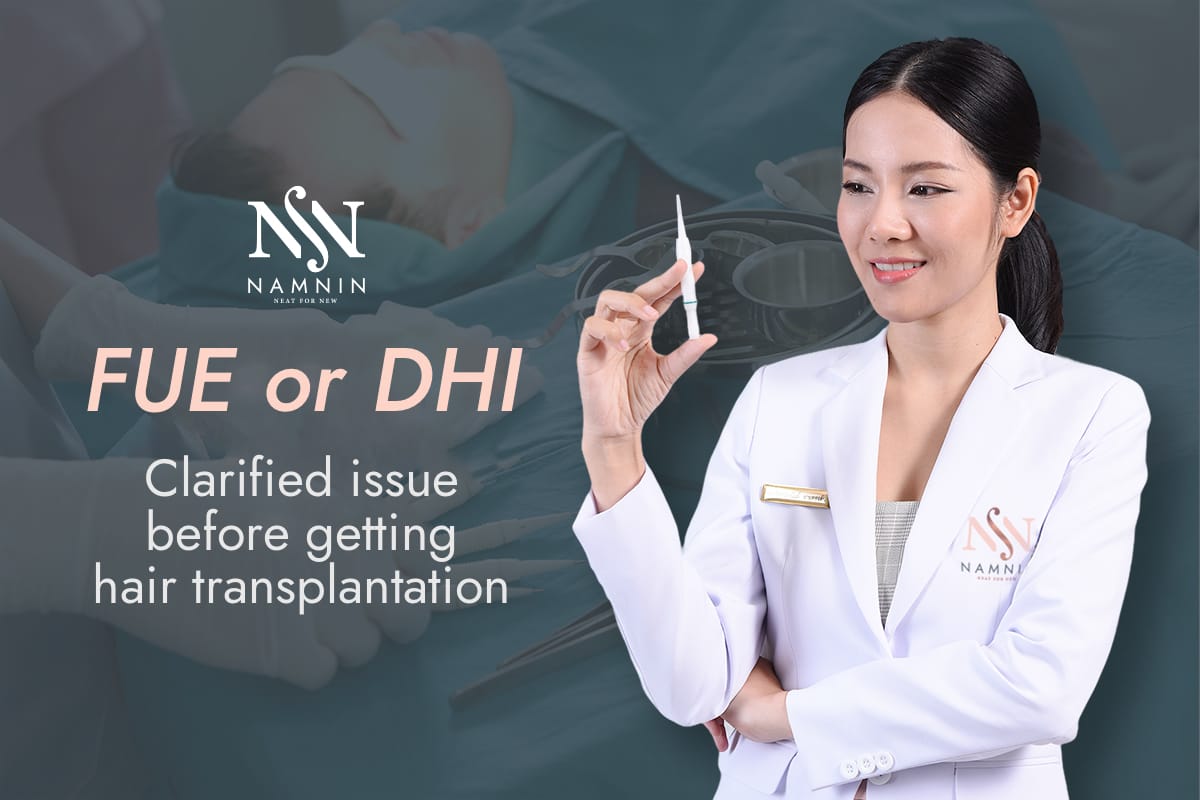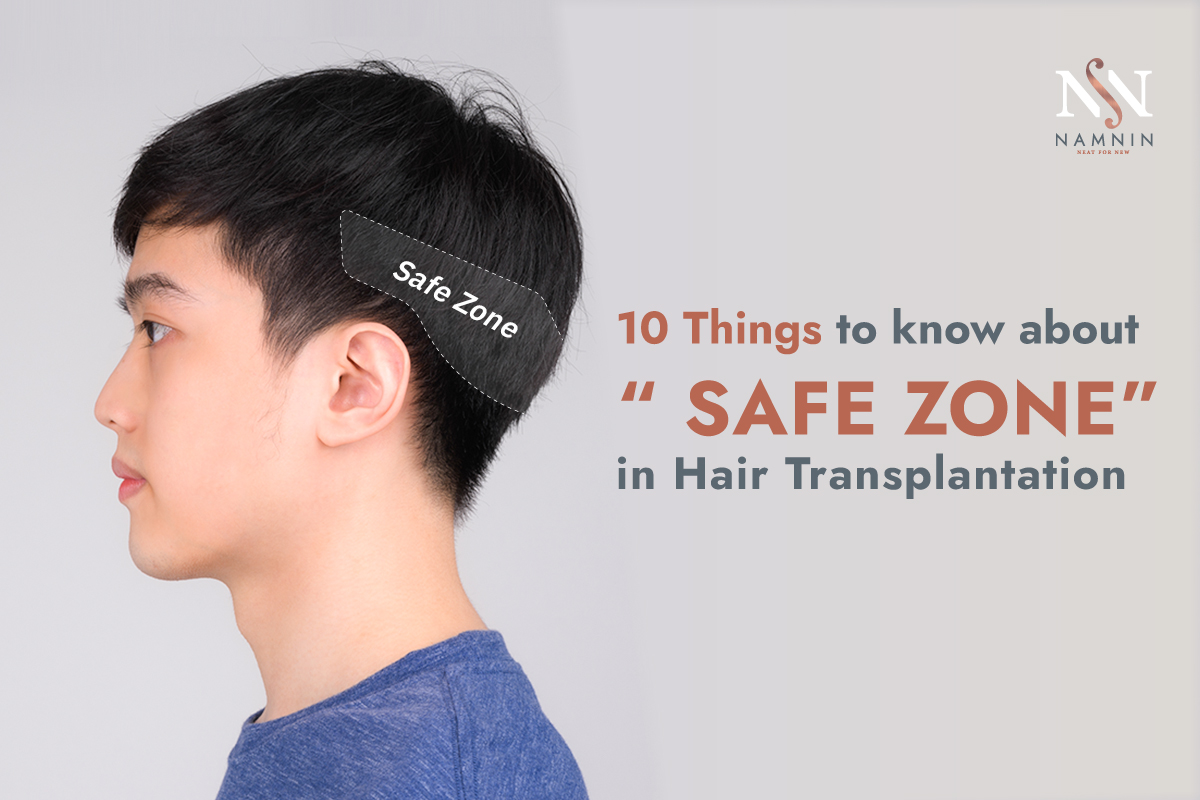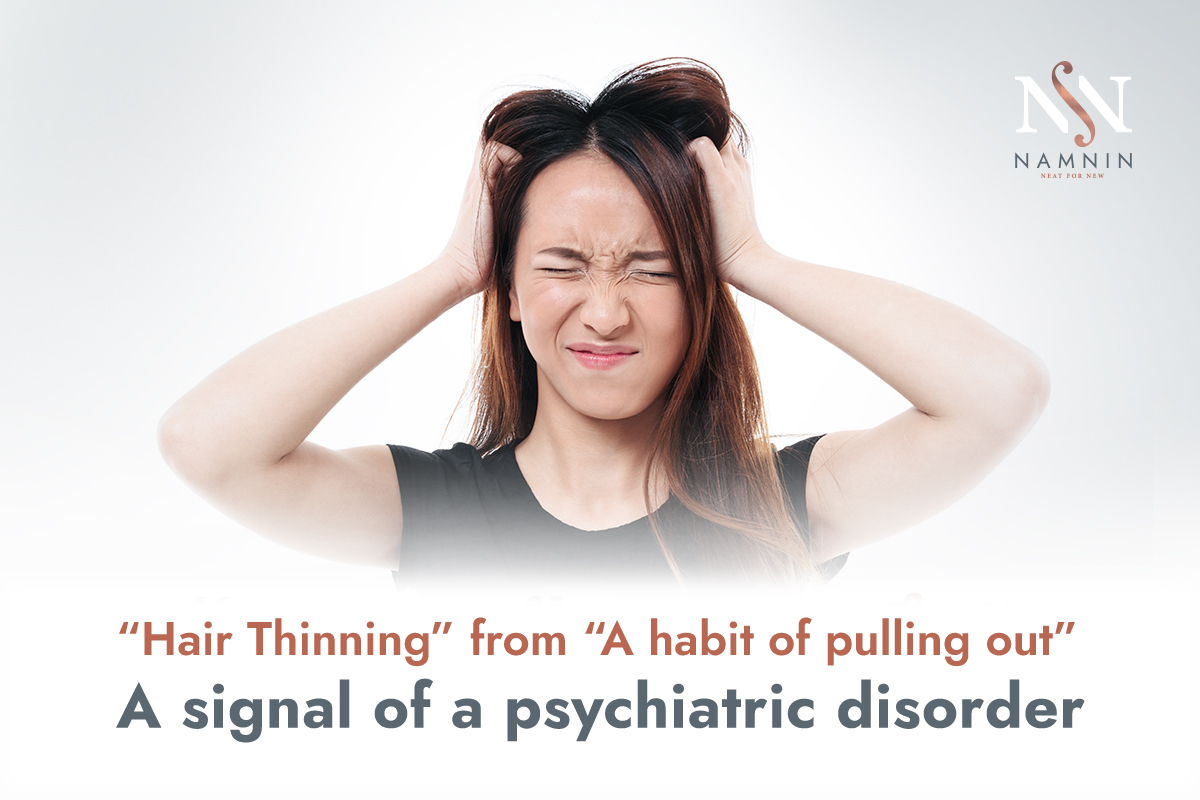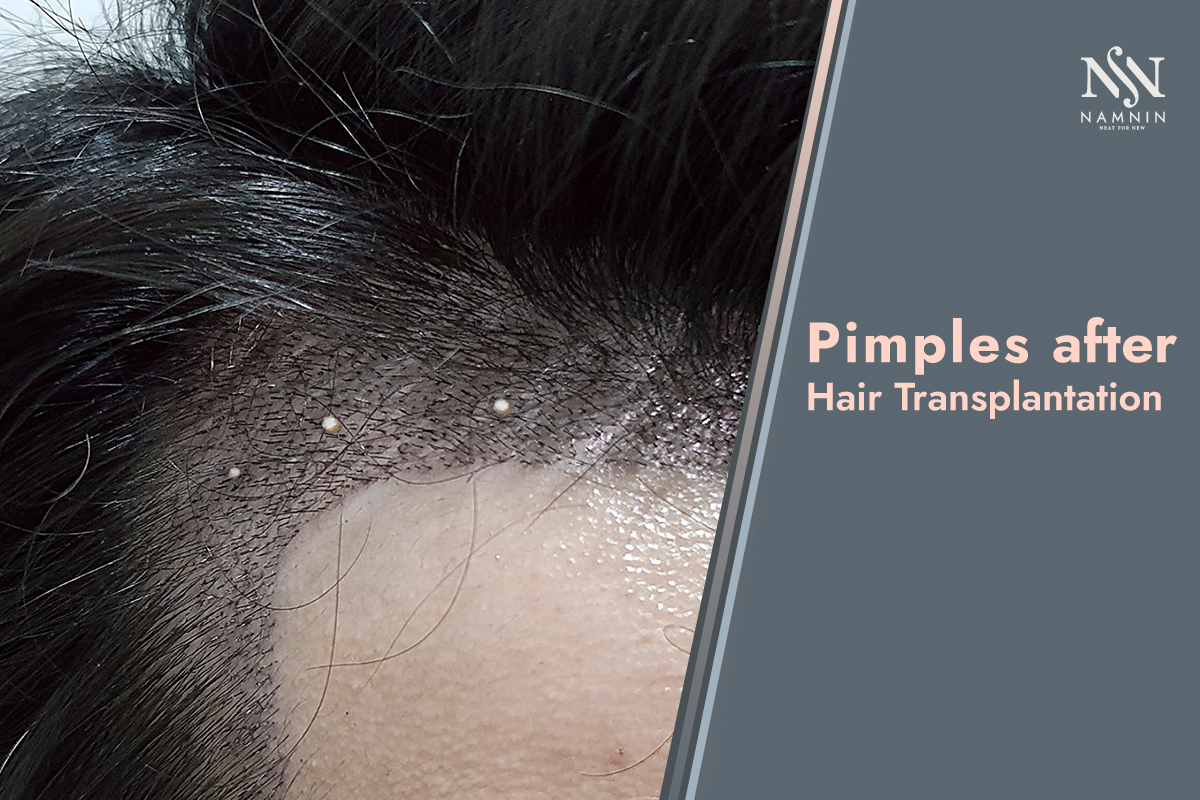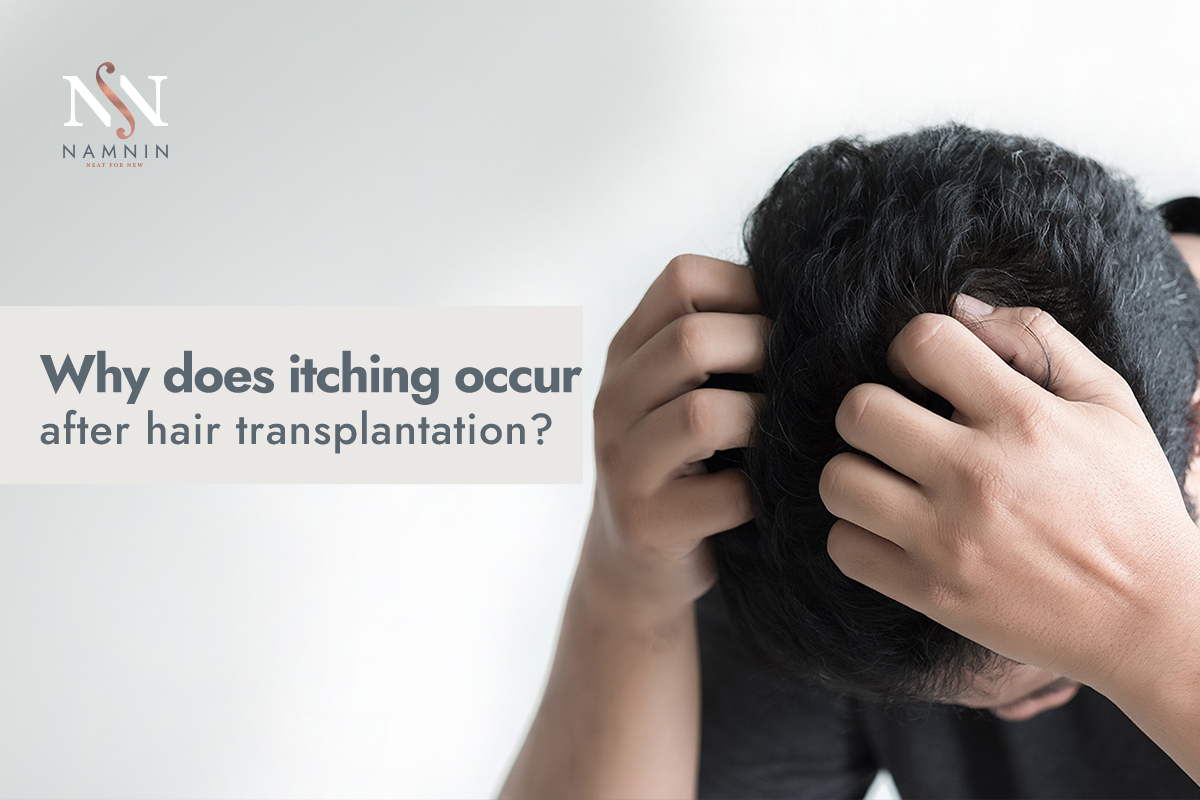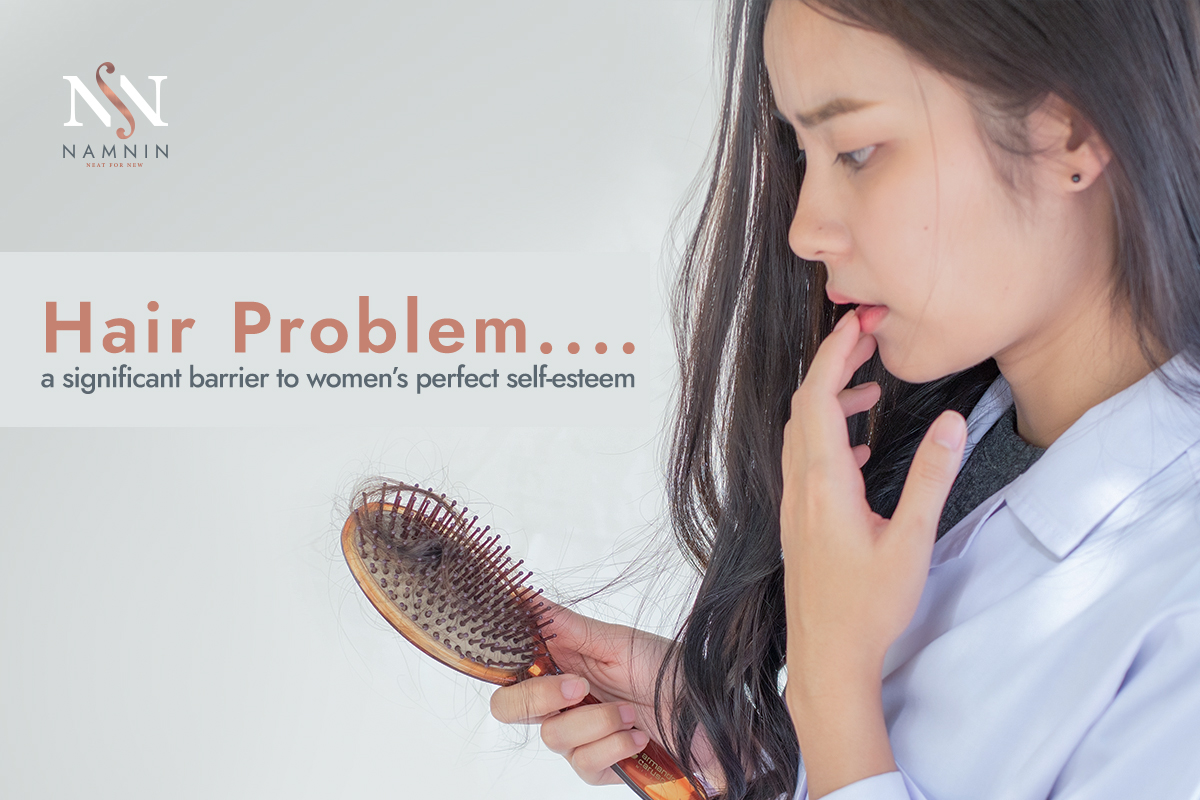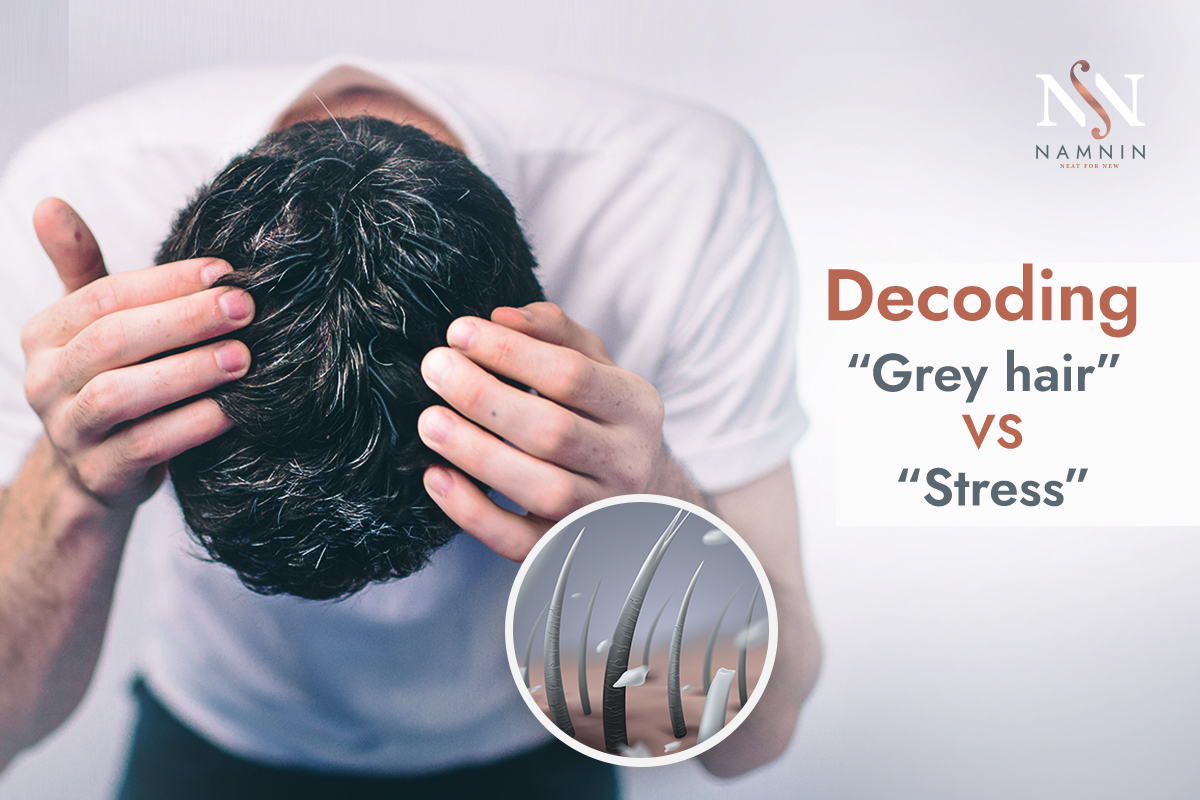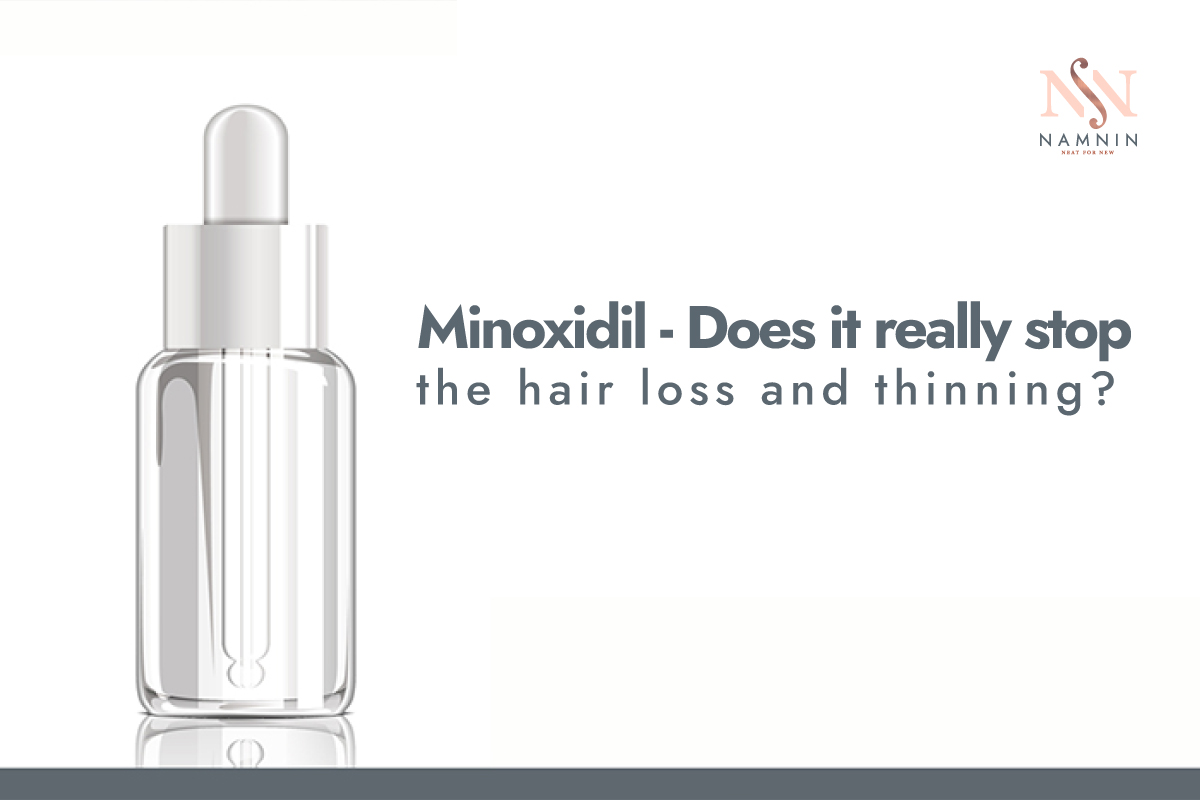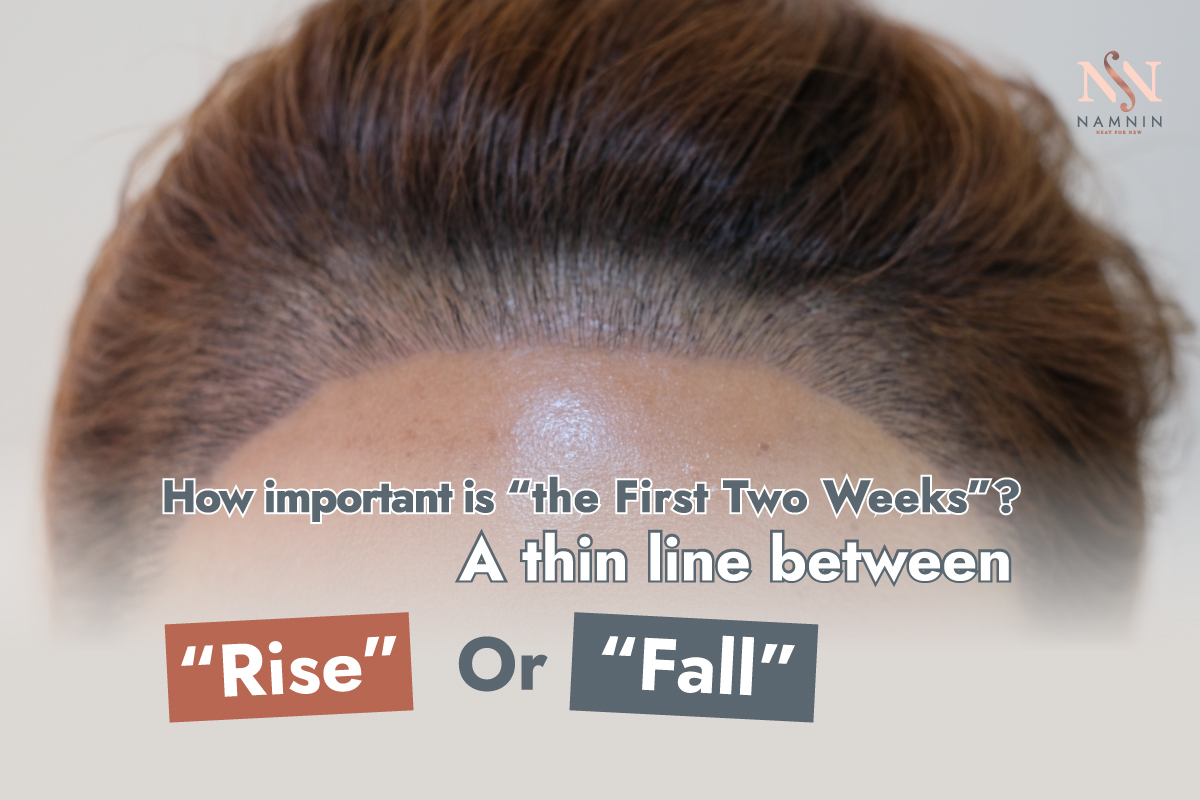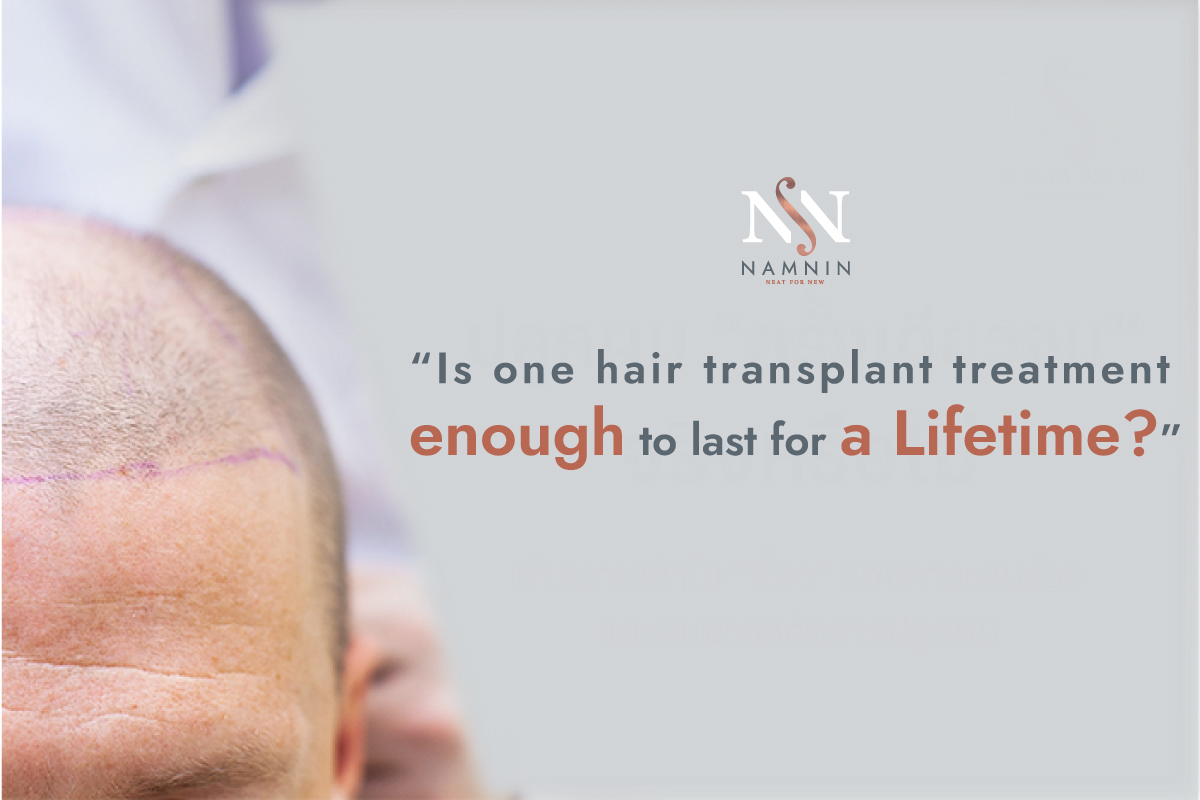Many people may wonder why the medical professionals always recommend “Stop Smoking” during the ongoing hair transplantation process. Is smoking really a villain to the hair transplantation? How does smoking affect our hair? Let's find out the effects of smoking on our body.
It is well known that cigarettes and tobacco smoke contain many chemicals that are harmful to our bodies such as nicotine, tar, carbon monoxide, and some types of heavy metals. They cause not only the addiction, but also the blood vessels to constrict or narrow, which limits the amount of blood that flows to your organs. In addition, carbon monoxide in tobacco smoke induces a rise in the blood CO-hemoglobin concentration with a subsequent decrease in the O2-capacity and a simultaneous increase in the hemoglobin O2-affinity. This leads to the circulatory system damaged, followed by increased risk of cancer, and deteriorated
Another part of the body that is directly affected by smoking is the “hair” and “scalp”. Many researches have shown that when compared non-smokers with smokers, the likelihood and severity of hair loss always go to the smokers. This is an objective evidence of adverse effects of cigarettes on the hair.
- As mentioned above, smoking affects the circulatory system, weakens the blood vessel wall, and makes your arteries or veins get narrowed and blocked, therefore the essential and adequate nutrients cannot be delivered to hair follicles. Eventually the hair falls out.
- Biologically, testosterone hormone is a common contributing factor that makes male-pattern hair loss more common than female-pattern hair loss. An enzyme (named 5-alpha reductase) found in the scalp converts testosterone hormone to dihydrotestosterone (DHT) which shrinks the hair follicles as well as shorten the hair growth cycle. It was found that the chemicals in tobacco accelerate the DHT conversion. We can therefore conclude that smoking is directly associated with hair loss, thinning hair and baldness.
- In addition, these harmful chemicals in tobacco directly damage the hair follicles and affect the hormonal function that stimulate hair growth as well.
Particularly for those who are undergoing the hair transplantation procedure, it is important to understand that hair growth process requires blood and oxygen. Whenever the harmful chemicals in tobacco obstruct or block this circulatory system which transports essential factors to the scalp, the new hair grows more slowly or has a lower survival rate. Moreover they affect the healing process when wounds and scars are sensitive and fragile. This is how smoking leads to unsuccessful treatment.
Therefore, regular smokers should refrain from smoking for at least 3 days before hair transplantation procedure in order to keep the blood oxygen level balanced. After hair transplantation, you should avoid smoking for at least 2 weeks to increase the survival rate of hair grafts transplanted. Especially during the period when the new cells are being formed and the blood vessels are originating around the hair follicles.
For the successful results, not only smokers who have to change the behavior during hair transplantation, but also people who are in close contact with smokers are also advised to avoid breathing secondhand smoke as well.


